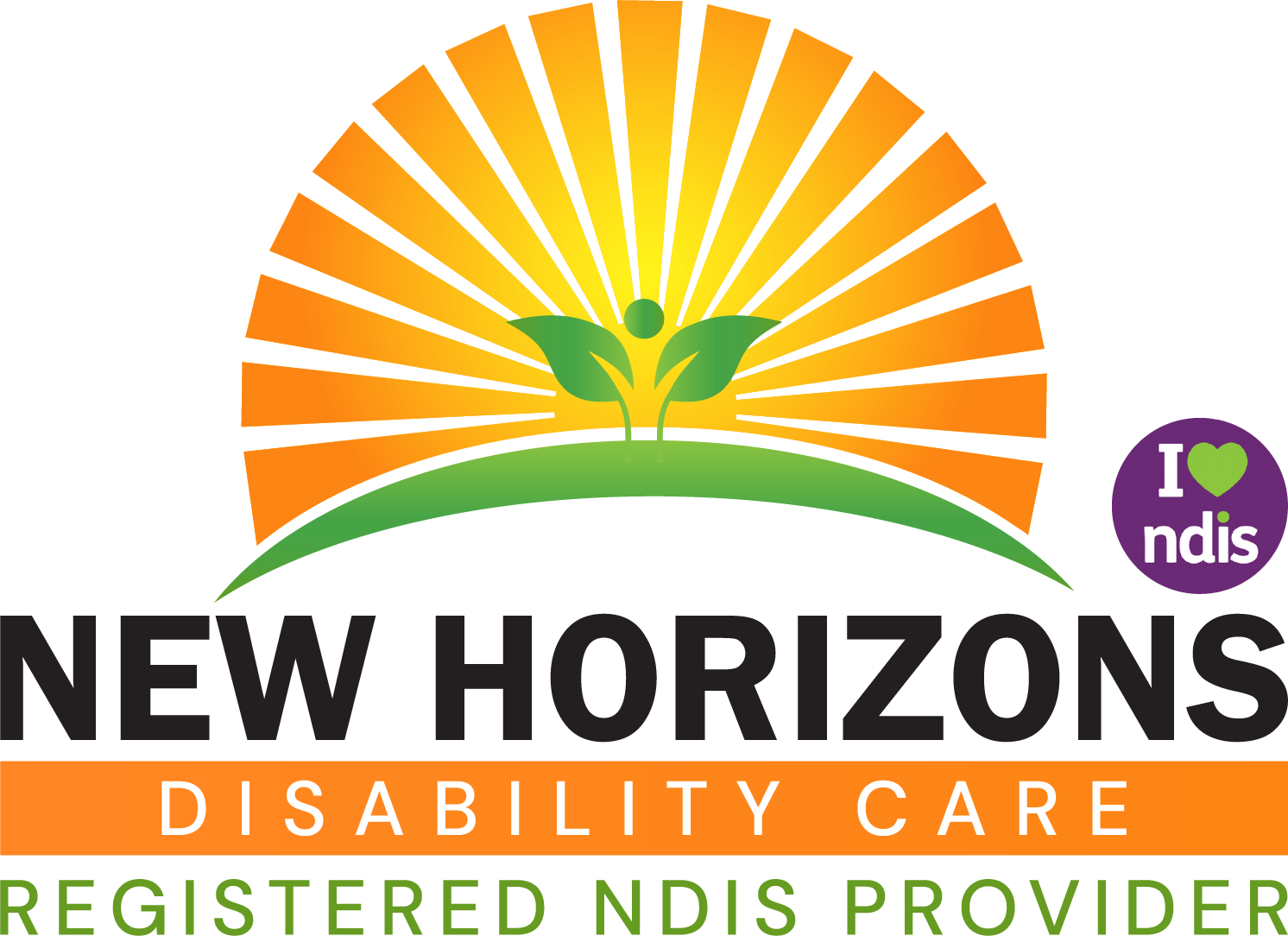Promoting Mental Health and Wellbeing: Strategies for Individuals with Disabilities
Good mental health is important for everyone. But, it can be more difficult for those with disabilities. Physical limitations, cultural obstacles, and personal concerns can all interact to increase pressures and cause anxiety or melancholy. However, with the right tactics and support networks a person with disabilities can enhance their mental well-being.
- Recognizing and Confronting Challenges
Any person with a disability can only expect to face peculiar challenges in one’s physical, social, and emotional aspects of living. They are significant issues that should be recognized, and it should be known that seeking support to overcome them is normal. Many people with disabilities face frustration, solitude, and self-doubt. Sharing your feelings with trusted friends, family members, or a counselor might assist in alleviating emotional distress by validating them.
- Building a Support Network
A strong support network is a significant part of promoting good mental health and well-being. Having understanding and empathetic people around who elevate you can incredibly make a difference in the kind of mood one has towards life. That may include family members, friends, support groups, and therapists working extensively with people with disabilities. Networking will help in connecting with others who understand your experiences to provide belonging, classically reducing feelings of isolation.
- Self-care practices
Self-care is not selfish; rather, it is necessary for mental and physical well-being. It can mean engaging in activities tailored to the demands or challenges of one’s ability to perform things. This would also include mind-body relaxation techniques such as deep breathing exercises, meditation to control emotions, and basic yoga stretches to reduce stress. Break out and rest whenever you need to; get adequate sleep; and eat well.
- Engage in therapy and counseling
These can be potent tools in the treatment of mental health problems. Therapists specializing in issues relating to disability will help individuals explore their feelings, which develop strategies to deal with them and work out realistic goals. Inner feelings caused as a result of such incidents of getting disabled, leading them towards anxiety, depression, or trauma, can often be effectively fought back by CBT and mindfulness-based techniques.
- Participation in Meaningful Activities
Taking part in activities that are pleasurable and give one a sense of purpose will have positive effects on mental well-being. These activities can be in terms of hobbies, charity work, participation in social activities organized within the community, or even activist causes related to disability rights. These things provide opportunities to enhance one’s self-esteem by socializing and being successful in doing things of interest at one’s convenience.
- Advocating for Yourself
Self-advocacy is one of the most important components in communicating a person’s needs and protecting their rights. It entails expressing your thoughts, indicating your preferences, and actively participating in decisions affecting you. That may mean advocating for accessible facilities or accommodations in work settings, schools, or good healthcare services—those things that make you feel like you’re back in control.
The promotion of mental health and well-being of people with disabilities demands an approach that would address the physical, emotional, and social dimensions of health. Some ways to build resilience and increase the quality of life for individuals with disabilities include facing obstacles, creating a strong support network, self-care, treatment, meaningful activities that lead to involvement, and self-advocacy. Remember, seeking help is a sign of strength, and concentrating on mental health is the path to a fulfilling and powerful life.



